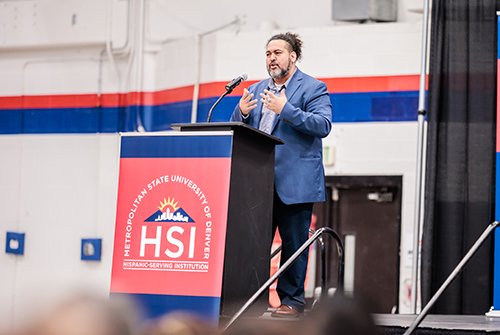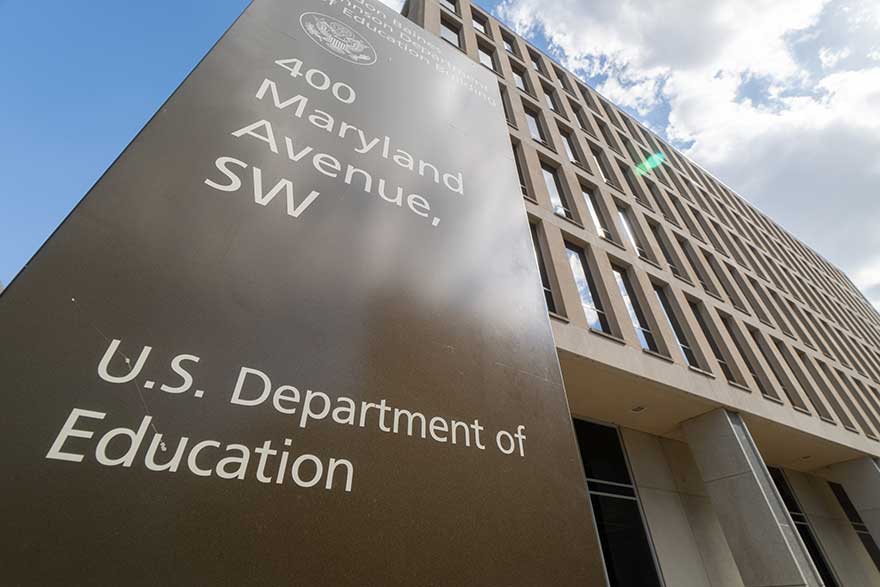About the Government Affairs Updates series
As the federal policy landscape continues to shift rapidly, potential impacts on higher education, and Metropolitan State University of Denver in particular, are top-of-mind. MSU Denver’s Office of Government and External Affairs, in partnership with University Communications and Marketing and experts from across the University, is providing timely, transparent and clear information through this series of Early Bird Q&A articles. Visit the Government Affairs website for more information and updates.
In early July, Congress passed the 2025 fiscal-year budget. The proposals most concerning to students and higher education were removed. However, the version signed by President Donald Trump still includes some components that will impact higher education, specifically in financial aid and accountability for postgraduation outcomes.
Q: What changes to financial aid are included in the final version of the budget?
A: Several of the proposed restrictions on Pell Grants were successfully eliminated from the final bill; however, Congress did pass some changes impacting financial aid. These include:
- Eliminating Pell eligibility for families with Student Aid Indexes more than twice the Pell maximum.
- Eliminating Pell eligibility for students who receive full cost-of-attendance scholarships.
- Establishing “workforce Pell” for short-term programs between 150 and 599 clock hours that meet certain outcome-based standards around completion, job placement and earnings.
- Implementing caps on federal direct loans for graduate students and eliminating Grad PLUS loans.
- Further restricting federal financial aid for certain noncitizens.
- Eliminating federal loan eligibility for undergraduate programs if half of their graduates earn less than the state’s average high school graduate.
Here’s what we know now
The Pell restrictions Congress passed will have a smaller impact on Metropolitan State University of Denver students than those originally proposed by the House (and excluded in the final bill).
The vast majority of non-U.S.-citizen students, including DACA recipients, have never been eligible for federal financial aid. The federal budget does not jeopardize Colorado’s Advancing Students for a Stronger Tomorrow (ASSET) bill or the Colorado Application for State Financial Aid.
Policy changes to federal financial aid will be implemented beginning next July 1.
There are no immediate changes to MSU Denver’s budget because of the 2025 federal budget’s passage. Still, there are budget and policy trade-offs the State of Colorado may need to make in response to cuts to government programs that serve Coloradans, specifically Medicaid and the Supplemental Nutrition Assistance Program. The State is assessing the financial impacts, and it’s possible the legislature will choose to have a special session this fall to make budget or policy changes.
What’s next
Government Affairs is monitoring the final rules and advocating for our students and mission. Senior leaders are gathering data to inform the way forward.
Stay tuned for a breakdown of relevant components of the FY25 budget law in subsequent Government Affairs updates.
Resources and support amid shifting policies
To assist students and employees in navigating the evolving federal landscape – and to support wellbeing in general – MSU Denver has compiled a list of campus and community resources. These offerings are intended to provide emotional, professional and practical support as our community faces uncertainty and works through potential impacts together.








